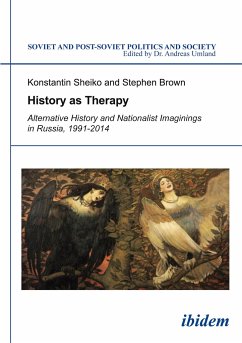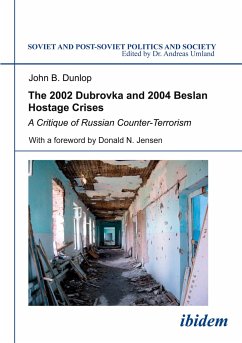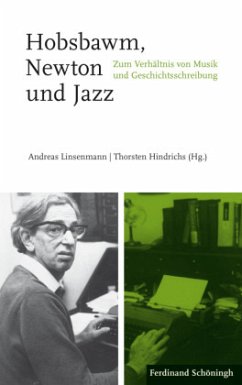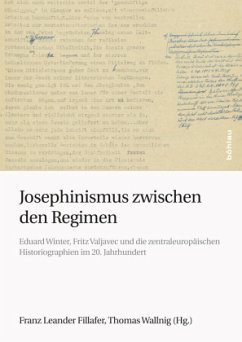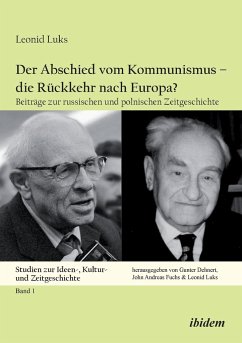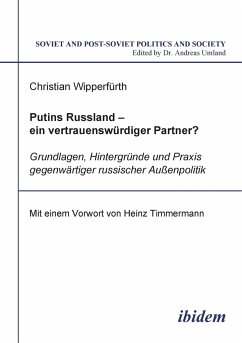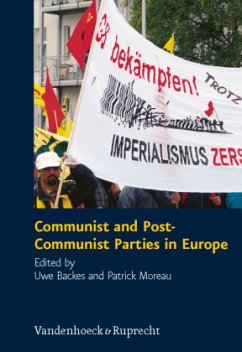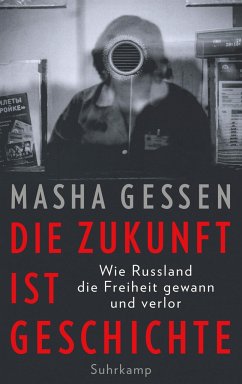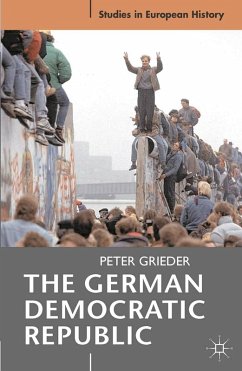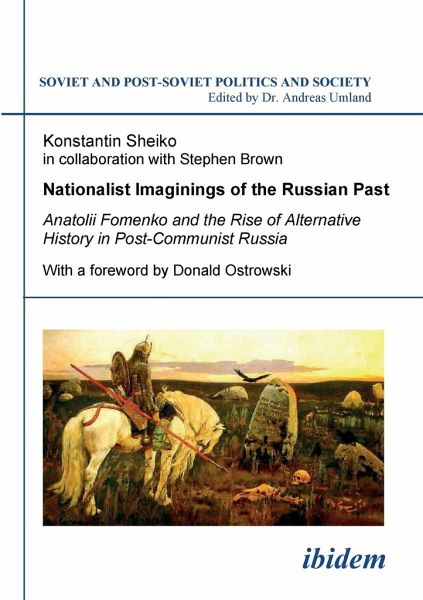
Nationalist Imaginings of the Russian Past. Anatolii Fomenko and the Rise of Alternative History in Post-Communist Russia. With a foreword by Donald Ostrowski
Versandkostenfrei!
Versandfertig in 6-10 Tagen
34,90 €
inkl. MwSt.

PAYBACK Punkte
0 °P sammeln!
Anatolii Fomenko is a distinguished Russian mathematician turned popular history writer, founder of the so-called New Chronology school, and part of the explosion of alternative historical writing that has emerged in Russia since the collapse of the Soviet Union. Among his more startling claims are that the Old Testament was written after the New Testament, that Russia is older than Greece and Rome, and that the medieval Mongol Empire was in fact a Slav-Turk world empire, a Russian Horde, to which Western and Eastern powers paid tribute. While academic historians dismiss Fomenko as a dangerous...
Anatolii Fomenko is a distinguished Russian mathematician turned popular history writer, founder of the so-called New Chronology school, and part of the explosion of alternative historical writing that has emerged in Russia since the collapse of the Soviet Union. Among his more startling claims are that the Old Testament was written after the New Testament, that Russia is older than Greece and Rome, and that the medieval Mongol Empire was in fact a Slav-Turk world empire, a Russian Horde, to which Western and Eastern powers paid tribute.
While academic historians dismiss Fomenko as a dangerous ethno-nationalist or post-modern clown, Fomenkos publications invariably outsell his conventional rivals. Just as Putin has restored Russias faith in its future, Fomenko and an army of fellow alternative historians are determined to restore Russias faith in its past. For Fomenko, the key to Russias greatness in the future lies in ensuring that Russians understand the true greatness of their past.
Fomenko and other pseudo-historians have built upon existing Russian notions of identity, specifically the widespread belief in the positive qualities of empire and the special mission of Russia. He has drawn upon previous attempts to establish a Russian identity, ranging from Slavophilism through Stalinism to Eurasianism. While fantastic, Fomenkos pseudo-history strikes many Russian readers as no less legitimate than the lies and distortions peddled by Communist propagandists, Tsarist historians and church chroniclers.
While academic historians dismiss Fomenko as a dangerous ethno-nationalist or post-modern clown, Fomenkos publications invariably outsell his conventional rivals. Just as Putin has restored Russias faith in its future, Fomenko and an army of fellow alternative historians are determined to restore Russias faith in its past. For Fomenko, the key to Russias greatness in the future lies in ensuring that Russians understand the true greatness of their past.
Fomenko and other pseudo-historians have built upon existing Russian notions of identity, specifically the widespread belief in the positive qualities of empire and the special mission of Russia. He has drawn upon previous attempts to establish a Russian identity, ranging from Slavophilism through Stalinism to Eurasianism. While fantastic, Fomenkos pseudo-history strikes many Russian readers as no less legitimate than the lies and distortions peddled by Communist propagandists, Tsarist historians and church chroniclers.



